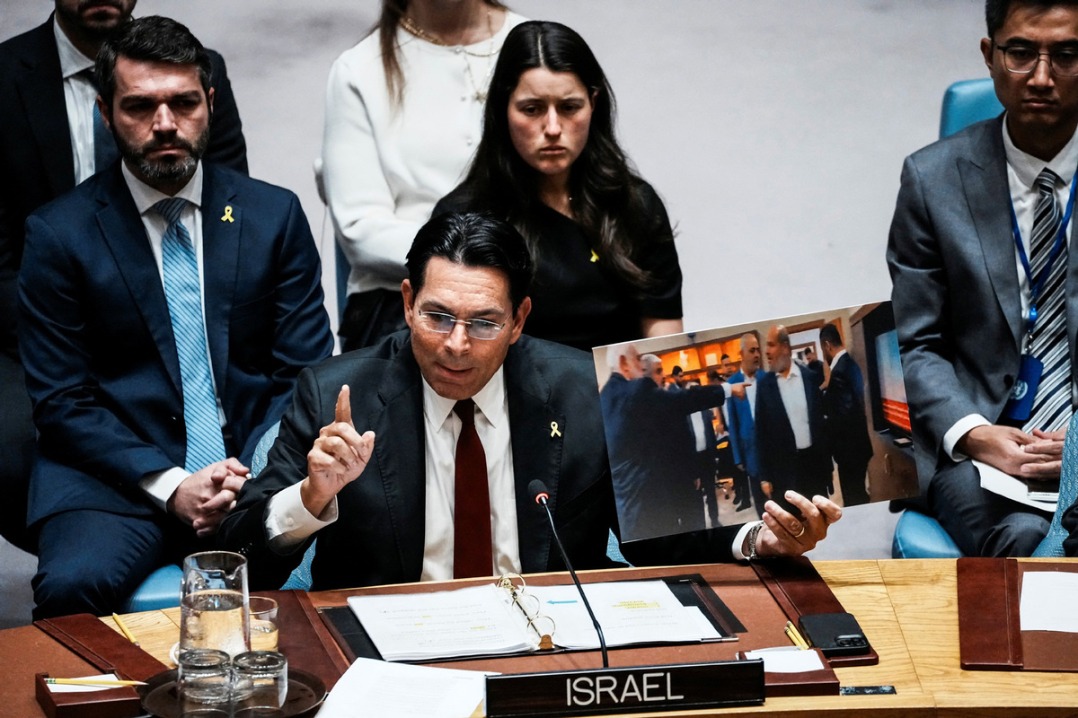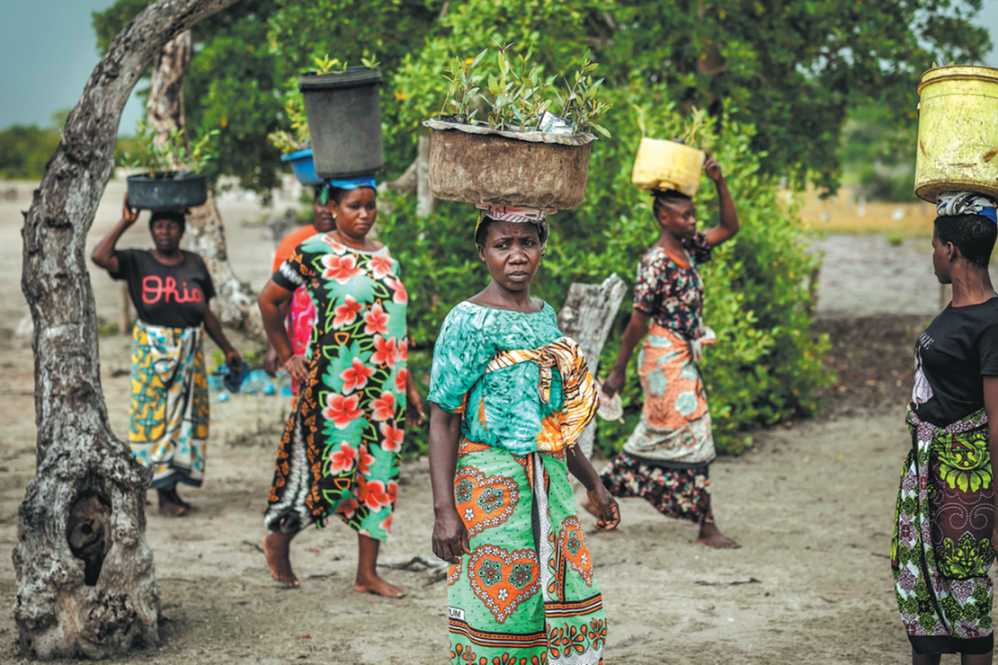China winning hearts with people-to-people exchanges


As a global player in the arena of public diplomacy, China has continued to promote people-to-people diplomacy, cultural exchanges with other civilizations and bilateral and multilateral cooperation.
China's commitment to advancing people-to-people diplomacy and enhancing cultural exchanges was evident at two seminars this year, one of which was for China-issue experts from Belt and Road countries and the other for scholars from think tanks in Belt and Road countries. Both seminars were organized by the School of Global Education and Development at the University of Chinese Academy of Social Sciences.
One question that arose in my post-seminars analysis was, why does China, a nation of 1.4 billion people and the world's second-largest economy, take such interest in sharing with other civilizations its governance, social and economic system?
First, people-to-people diplomacy is not a new phenomenon in China. After the founding of the People's Republic of China in 1949, the nation's leaders, while crafting foreign policy, considered people-to-people diplomacy as a key pillar of their agenda. Faced with unprecedented challenges, China focused on gaining international recognition. To spearhead the people-to-people exchanges, Beijing established the Chinese People's Institute of Foreign Affairs in 1949.
Second, as I reflected on the strong foundation laid by Chinese leaders under the guidance of the Communist Party of China, another question arose: Why continue with people-to-people diplomacy and cultural exchanges, even though China's footprint is seen in every corner of the world due to the Belt and Road Initiative, the Forum on China-Africa Cooperation and other such programs?
The BRI, initiated in 2013 by President Xi Jinping, has transformed the world by ensuring sustainable, balanced and inclusive growth that benefits everyone. Within the FOCAC framework, people-to-people exchanges are among the major fields of cooperation between China and Africa.
Including this key foreign policy in all projects within its bilateral and multilateral cooperation shows that China values the connectivity of bringing peoples and societies closer together by promoting exchanges, mutual learning and dialogue among different cultures and civilizations.
Third, Beijing has to keep people-to-people diplomacy alive to debunk Western-led propaganda that falsely paints key infrastructure projects by China in Africa as "debt traps" or "neocolonialism".
Here, China has strengthened cooperation in human resource development and vocational and professional training, offered scholarships and built up the capacity of Africans to promote employment and improve livelihoods.
For instance, at FOCAC's 2018 Beijing summit, President Xi promised to award 50,000 scholarships and 50,000 training opportunities to African students between 2018 and 2021.
The impact of the COVID-19 pandemic on in-person meetings notwithstanding, China has continued to implement its promise through organizing online seminars and training.
Finally, China's people-to-people diplomacy will continue to influence future generations.
Currently, China hosts the largest number of African students in the world-more than other traditionally preferred study destinations like the United Kingdom and the United States.
The number of African students studying in China increased from about 1,790 in 2003 to 81,562 in 2018, according to China's Ministry of Education. This has been realized through the establishment of Confucius Institutes and international language centers around the world.
There has been a gradual, positive shift this century in how other civilizations perceive China. People-to-people diplomacy has won the hearts of many civilizations.
Dennis Munene is executive director of the China-Africa Center at the Kenya-based Africa Policy Institute.

































